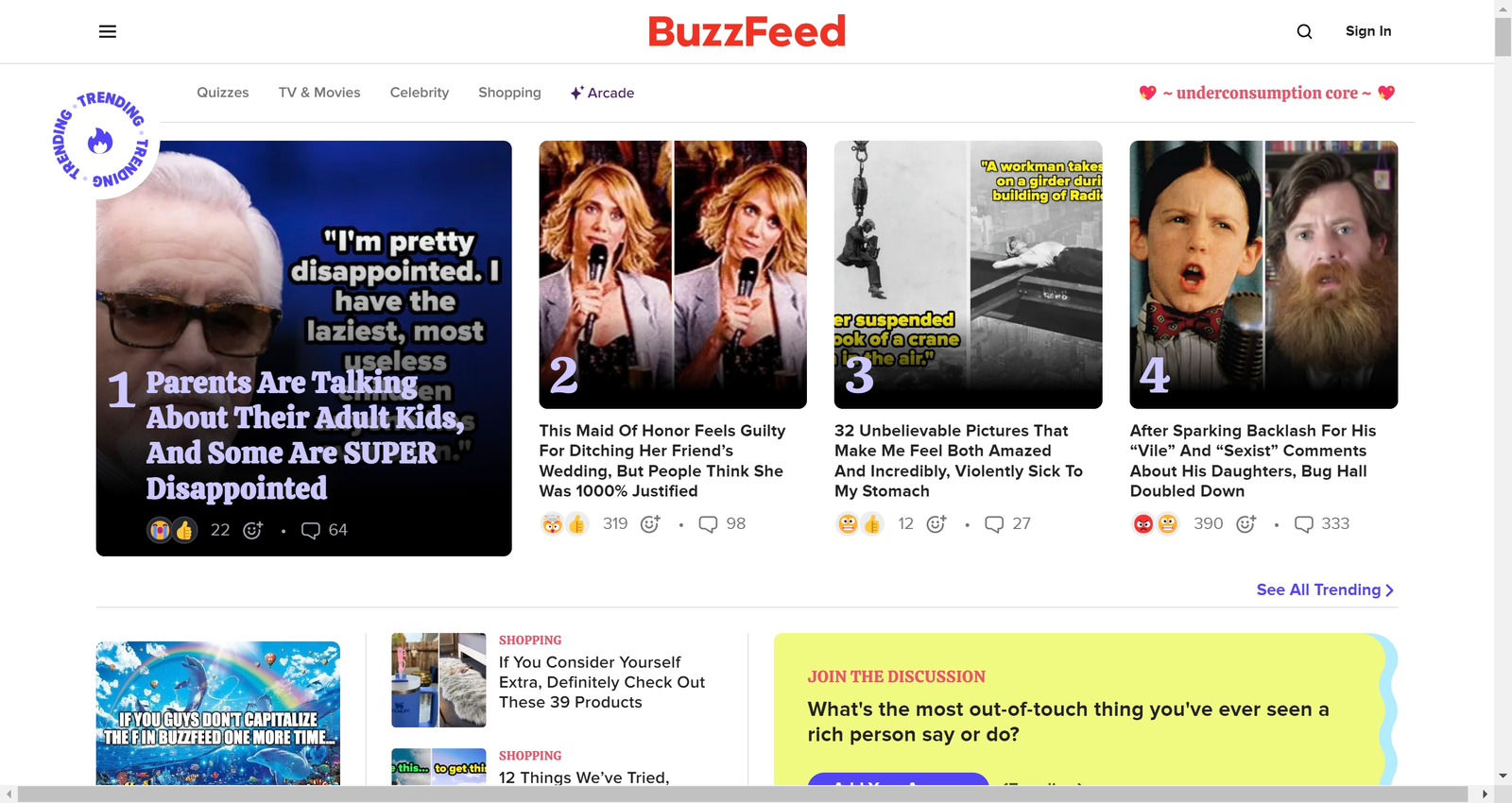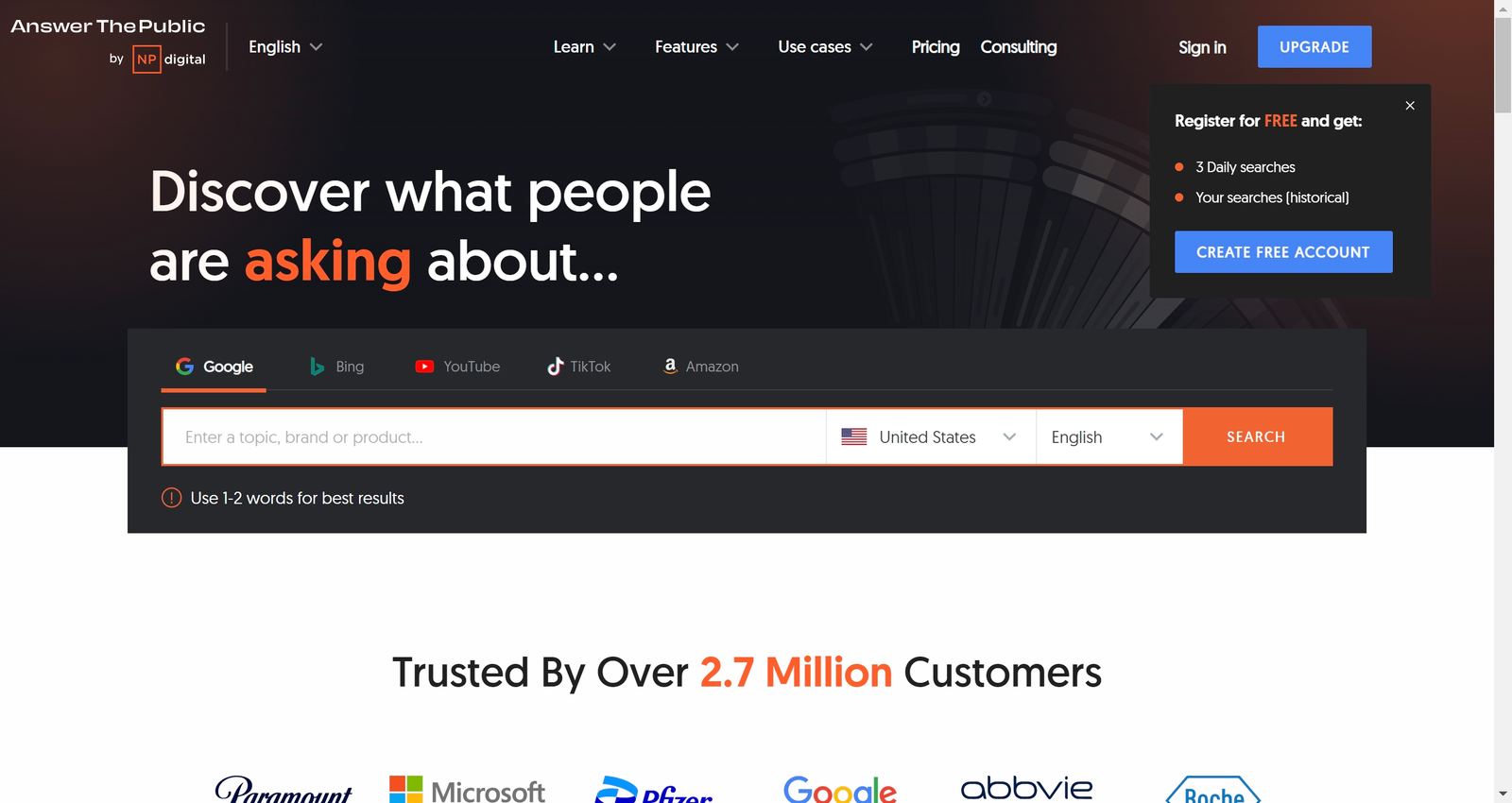When it comes to search engine optimization (SEO), many people believe that longer articles always rank higher in search results and attract more readers. While it's true that longer articles can be helpful, that doesn't mean short articles are useless. In fact, some websites are very successful by focusing on short, to-the-point content. This shows that keeping things concise can definitely work.
In this post, we'll explore when it makes sense to write short articles and share some examples of websites that use short articles effectively. You'll learn that short articles can be a powerful tool for your website, too.
When Short Articles Make Sense
The internet is filled with so much information on a variety of topics. Not every topic requires in-depth coverage, and there are several scenarios where short articles can deliver value to both readers and search engines:
1. Answering Specific Questions
When users search for quick, specific answers, long-winded explanations can be unnecessary. For instance, if someone is looking for “What is the boiling point of water?” they don’t need a 2,000-word article on the properties of water. A brief, 200-300 word answer would suffice, addressing their query directly and efficiently.
Example:

Quora thrives on concise, to-the-point answers to specific questions. While some answers can be longer, many are short and focused on providing a direct response to user inquiries. This approach works well because it aligns with the intent behind the user’s search: finding quick answers.
2. How-to Guides and Tutorials for Simple Tasks
Not every "how-to" guide needs to be exhaustive. For simple tasks, such as “How to reset your iPhone,” a brief step-by-step guide is often more useful than an in-depth article. The key is ensuring that the content delivers the solution quickly and clearly.
Example:

Apple’s Support Pages are a great example of short content done right. Many of their articles offer simple, concise tutorials on using Apple devices. For instance, a guide on how to reset an iPhone might only be a few hundred words, but it covers the steps efficiently and effectively.
3. News Updates and Timely Information
News articles, particularly breaking news, don’t always require deep analysis or long-form content. In these cases, speed is often more important than length. Readers want the key details quickly, and short articles can deliver that.
Example:
TechCrunch and The Verge often publish short news pieces, particularly when reporting breaking news or quick updates in the tech world. These articles may range from 300 to 500 words, summarizing the most important details without delving into a long analysis.
4. Listicles with Limited Points
Not every listicle needs 20 items. Sometimes, a shorter list with 3 to 5 points can be just as effective, especially if the points are well-explained and the list is highly relevant to the reader. This approach works well when each point carries substantial value or when a user is looking for quick inspiration.
Example:

BuzzFeed is known for its ability to keep readers engaged with both long and short content. Many of their listicles are concise, offering 5 quick ideas, tips, or recommendations, making it easy for readers to digest the information in a matter of minutes.
5. Product Reviews and Recommendations
When reviewing or recommending a single product, brevity can be beneficial. Users often look for the key highlights, pros and cons, and a quick conclusion rather than an in-depth exploration, especially for everyday products.
Example:

Wirecutter, a product review site owned by The New York Times, frequently offers shorter, focused reviews for individual products. These reviews are concise but still provide the essential information that helps readers make informed decisions.
Why Short Articles Work for Certain Sites
Short articles aren’t just convenient—they can also be strategically beneficial for certain websites. Here are a few reasons why:
1. Quickly Satisfying User Intent
When users are looking for quick answers or solutions, short articles meet their needs without overwhelming them with unnecessary information. Websites like Stack Overflow and Reddit capitalize on this by providing quick, straightforward answers to technical or niche queries.
2. Faster Publishing Cadence
Shorter articles take less time to produce, allowing websites to maintain a high publishing frequency. This can be particularly beneficial for news sites or blogs covering rapidly evolving topics, where staying current is crucial.
Example:

Hacker News offers short summaries of tech and startup news, linking to external articles while providing a brief overview. This allows them to keep content fresh and up to date without needing to write extensive articles for each topic.
3. Mobile-Friendly Content
Many users consume content on mobile devices, where short, snappy articles are easier to read and digest. By keeping articles concise, websites can cater to users who may not have the time or desire to read lengthy content on a small screen.
Example:

Flipboard is a platform optimized for mobile reading, curating short articles and summaries from various sources. The short-form approach works well for users who prefer to scroll through news and information on the go.
4. SEO Benefits for Targeted Queries
For certain niche or long-tail keywords, short articles can rank well if they directly answer the user’s query. Google’s algorithm rewards content that satisfies search intent, and sometimes a concise, targeted article is the best way to achieve this.
Example:

Answer the Public provides content suggestions based on user queries, often focusing on specific, long-tail questions. For these queries, short articles that provide direct answers can rank highly, especially when there’s little competition.
Balancing Short and Long Articles in Your Content Strategy
While short articles can be highly effective in certain situations, it’s essential to strike a balance between short-form and long-form content in your overall strategy. Here are a few tips:
- Use short articles for specific queries, simple tasks, or breaking news. When the topic doesn’t require extensive explanation, shorter content can be more engaging and to the point.
- Reserve long-form content for in-depth guides, comprehensive reviews, or pillar content. When a topic needs more explanation or detail, long-form content is still the way to go.
- Analyze your audience’s behavior. If your audience prefers shorter content (based on analytics such as time on page, bounce rate, etc.), adjust your strategy accordingly.
In Conclusion...
Short articles have their place in a well-rounded content strategy. It really depends if you’re answering specific questions, publishing news updates, or creating mobile-friendly content, short articles can drive engagement and deliver value without overwhelming your readers.
Enjoyed this post? Share it with others! For more tips on blogging and making money online, subscribe to our newsletter and never miss an update.

